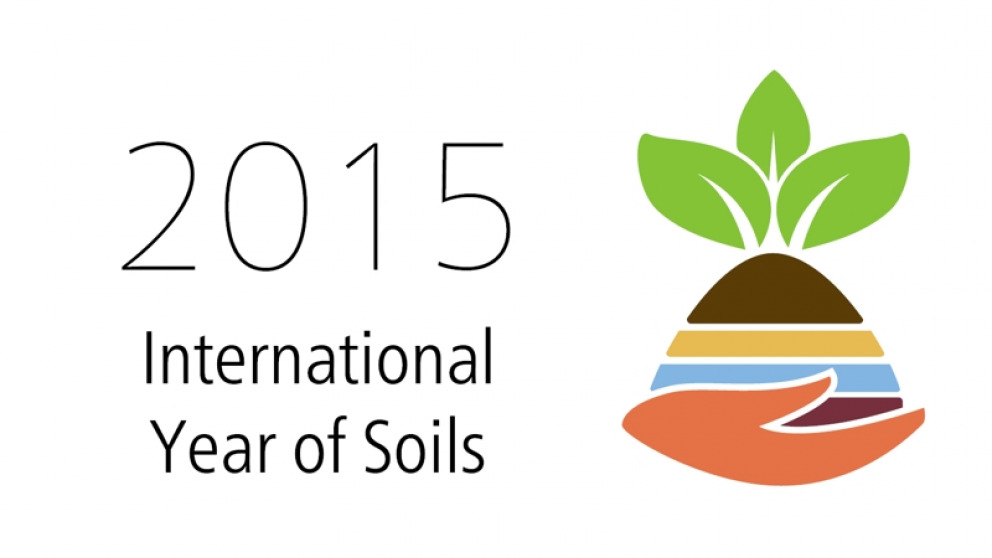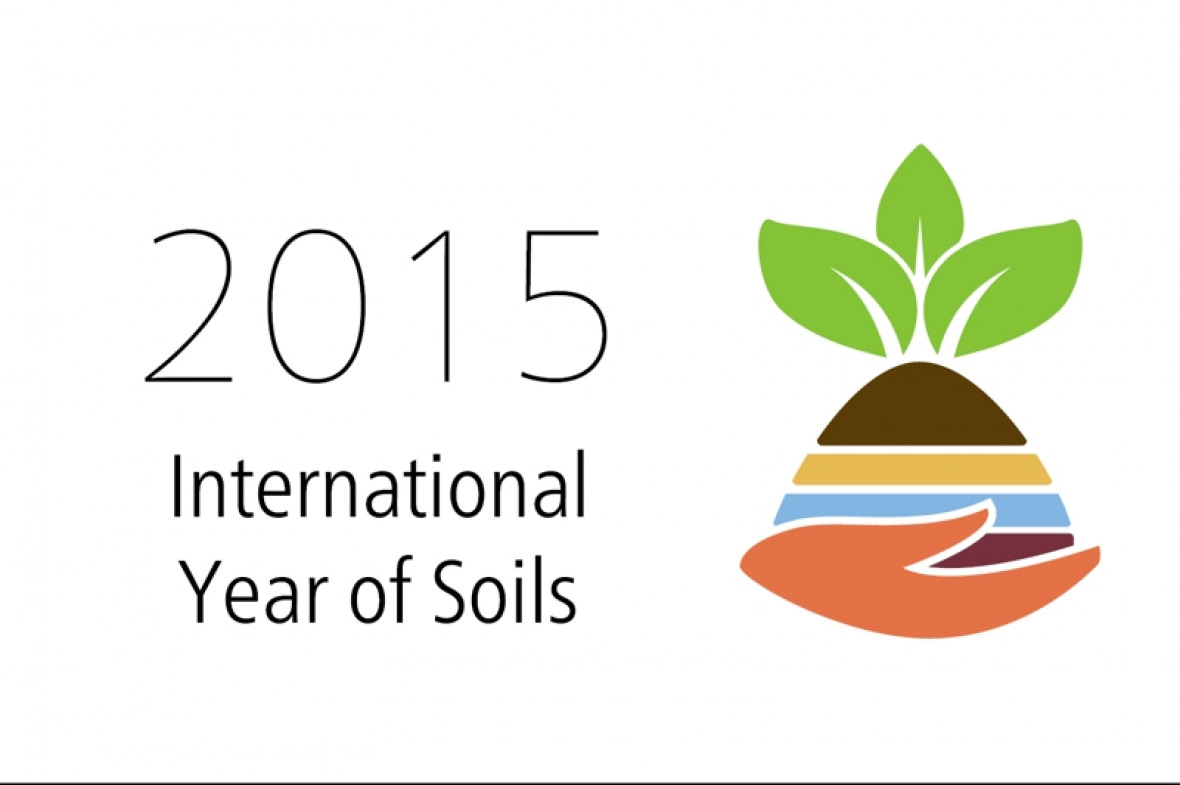“Global Perspectives, Global Responsibilities”: Opening Event for the International Year of Soils with Klaus Töpfer
27.11.2014

“Germany’s land use: global perspectives, global responsibilities” is the theme of an event at the German Federal Ministry for the Environment, Nature Protection, Building and Nuclear Safety (BMUB) on 5 December, the first World Soil Day. IASS Executive Director Klaus Töpfer, the Director-General for the Environment at the European Commission Karl Falkenberg and other renowned experts will discuss the following questions: to what extent are soils endangered? How do imports of food, feed and resources impact on soils in other countries? What responsibilities does Germany have in this context? What measures need to be taken and what are the concrete plans of the German government? The IASS is organising this public event with the BMUB, the Federal Environmental Agency, and the Society for International Cooperation. Prior registration is required.

On 20 December 2013, the United Nations declared 5 December World Soil Day and the year 2015 International Year of Soils. This is an important opportunity to increase our knowledge and understanding of the importance of soil for food security, climate change adaptation and mitigation, essential ecosystem services, poverty alleviation, and sustainable development. More than 90 per cent of global food production depends directly on soil. Soil stores carbon dioxide, nutrients and water, and is crucial to biodiversity. Yet we do not value soil very highly. Our consumption – not only of food but also of renewable resources like cotton, wood and biofuels – has major impacts on soils here in Germany and elsewhere. Every year we lose around six million hectares of fertile soils worldwide as a result of unsustainable agricultural practices, contamination, and land take through construction activities and urbanisation. At the same time, the demands placed on soil for food, feed, and renewable resource production are increasing as a result of population growth and changing consumption patterns.
More information:
Logo: (c) FAO
27.11.2014